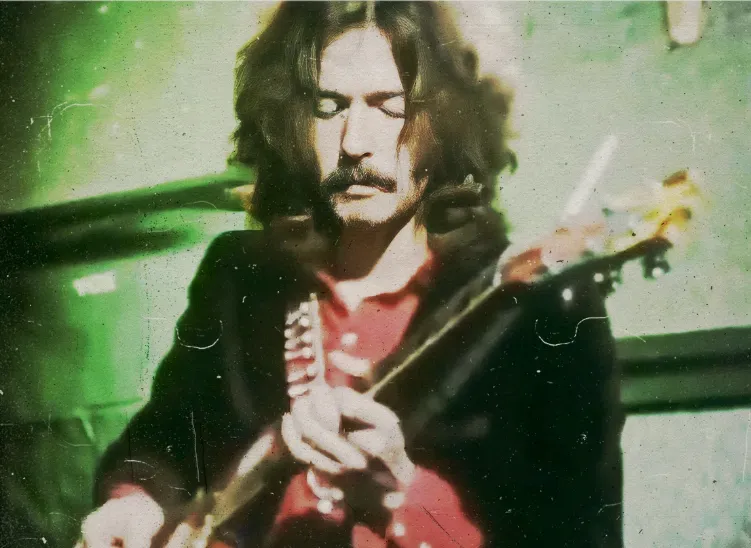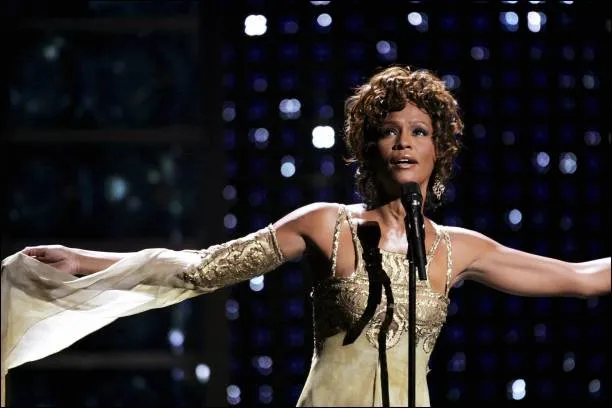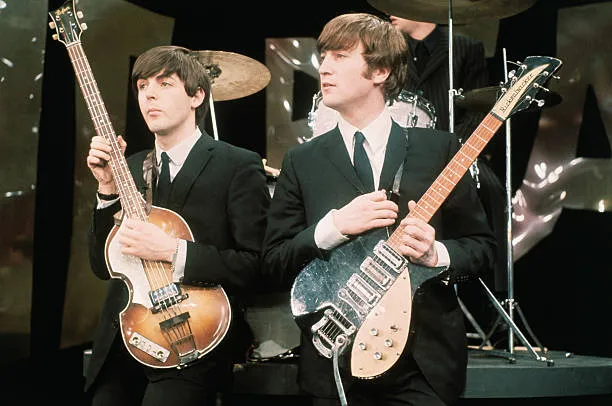The Lennon-McCartney partnership stands as one of the most influential and successful songwriting collaborations in the history of popular music. John Lennon and Paul McCartney, the creative core of The Beatles, crafted a catalog of songs that not only defined a generation but continue to resonate with listeners decades later. Their unique blend of talents, contrasting personalities, and shared musical vision produced a body of work that revolutionized rock and roll.

The partnership began in 1957 when a 15-year-old Paul McCartney met 16-year-old John Lennon at a church fete in Liverpool. Impressed by each other's musical abilities, they quickly formed a bond that would change the course of music history. Their early collaborations were heavily influenced by the rock and roll of the 1950s, particularly artists like Elvis Presley, Chuck Berry, and Buddy Holly.
What made Lennon-McCartney so special was the complementary nature of their talents. Lennon's writing tended to be more introspective, edgy, and sometimes cynical, while McCartney's style was often more melodic, optimistic, and romantic. This contrast created a perfect balance, allowing them to explore a wide range of emotions and themes in their music.

In the early days of The Beatles, Lennon and McCartney often wrote "eyeball to eyeball," sitting across from each other with guitars in hand. This intimate process produced classics like "I Want to Hold Your Hand" and "She Loves You." As their fame grew and individual lives became more complex, their collaborative process evolved. They began to write more independently, often bringing near-complete songs to each other for refinement.
Some of their most iconic songs showcase the strength of their partnership. "Yesterday," primarily written by McCartney, benefited from Lennon's input on the lyrics. Conversely, "A Day in the Life" demonstrates how they could seamlessly blend their individual compositions into a cohesive masterpiece.
The element of competition between Lennon and McCartney played a crucial role in their success. Each tried to outdo the other, pushing both to greater creative heights. This friendly rivalry resulted in an incredible output of high-quality songs throughout The Beatles' career.

As the 1960s progressed, the nature of their partnership evolved. External factors such as relationships (particularly Lennon's relationship with Yoko Ono) and the pressures of fame began to strain their collaboration. Their writing became more individual, though they continued to credit songs to Lennon-McCartney out of loyalty to their partnership.
The tension between Lennon and McCartney eventually contributed to the breakup of The Beatles in 1970. Despite the end of their formal partnership, the impact of their collaboration continued to influence their solo careers and the broader music industry.
The legacy of Lennon-McCartney is immeasurable. They expanded the boundaries of what was possible in popular music, both lyrically and musically. Their songs covered a vast range of styles and subjects, from the simple love songs of their early years to the complex, socially conscious works of their later period.

Today, the Lennon-McCartney catalog remains a benchmark for aspiring songwriters. Their ability to craft memorable melodies, innovative harmonies, and lyrics that could be both universally relatable and deeply personal continues to inspire musicians across genres.
In conclusion, the Lennon-McCartney partnership represents a rare alchemy in music history. Their combined talents, driven by a mixture of competition and mutual respect, produced a body of work that has stood the test of time. While their active collaboration may have lasted just over a decade, the impact of their partnership on popular music and culture continues to resonate, ensuring their place as rock's greatest songwriting duo.




